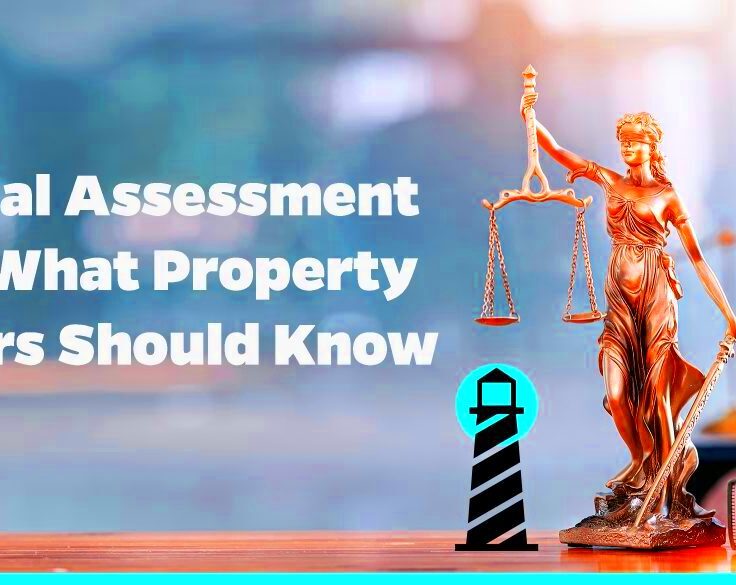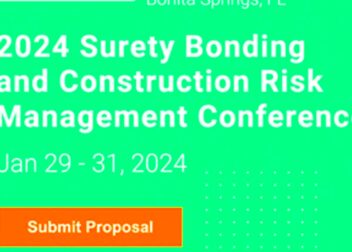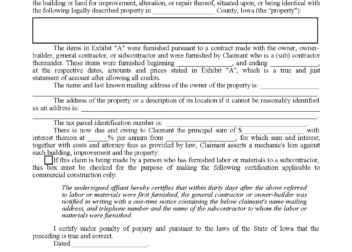Local Law 11 Work: What Property Owners Should Know
Local Law 11, also known as the Facade Inspection and Safety Program (FISP), is a regulation in New York City aimed at ensuring the safety of building facades. This law requires property owners to have their building’s exterior inspected periodically by a qualified professional. The inspections help identify any unsafe conditions that may pose risks to pedestrians and residents. Property owners are responsible for addressing any issues found during these inspections, making compliance crucial for safety and legal reasons.
Importance of Local Law 11 for Property Owners
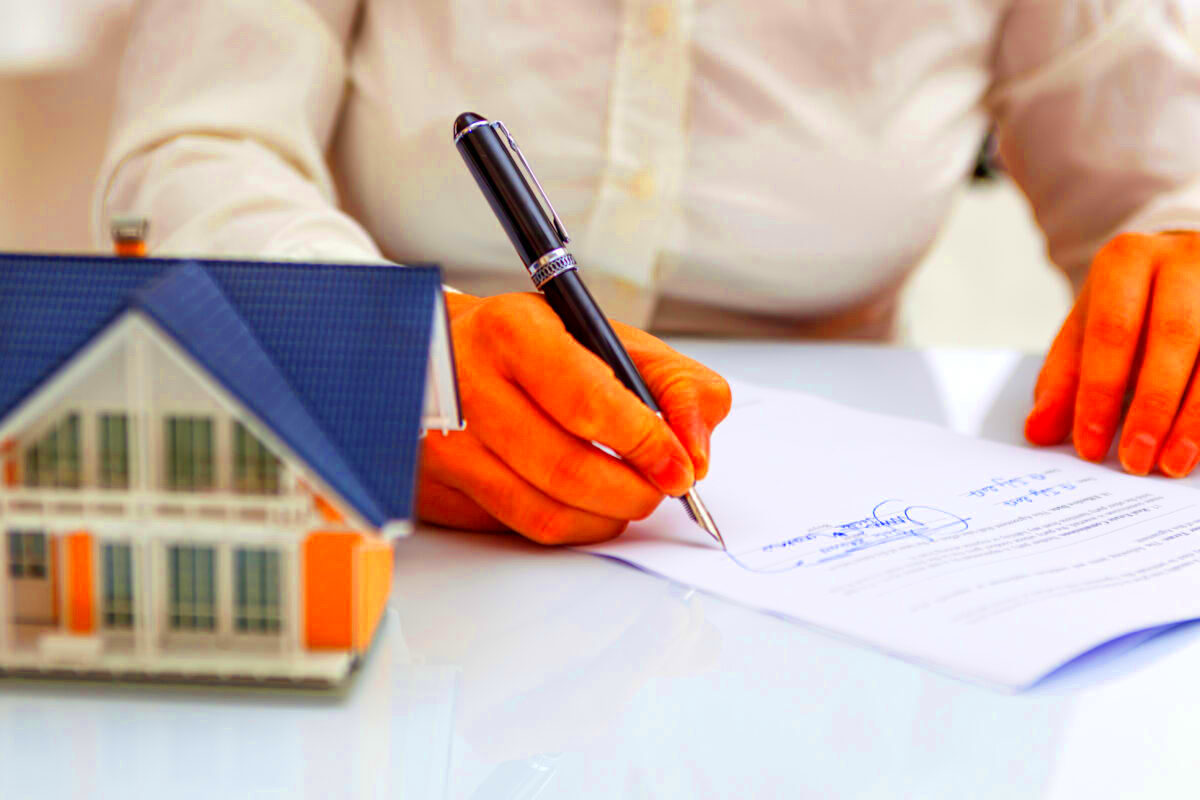
Local Law 11 is important for several reasons:
- Safety: The primary goal is to protect the public from falling debris and other hazards. Regular inspections help maintain a safe environment.
- Legal Compliance: Adhering to Local Law 11 is a legal requirement. Non-compliance can lead to fines and legal actions against property owners.
- Property Value: Keeping a building in good condition enhances its value. Regular inspections and maintenance can prevent costly repairs in the long run.
- Insurance Benefits: Insurers may offer better rates or coverage to property owners who comply with safety regulations.
Who is Affected by Local Law 11
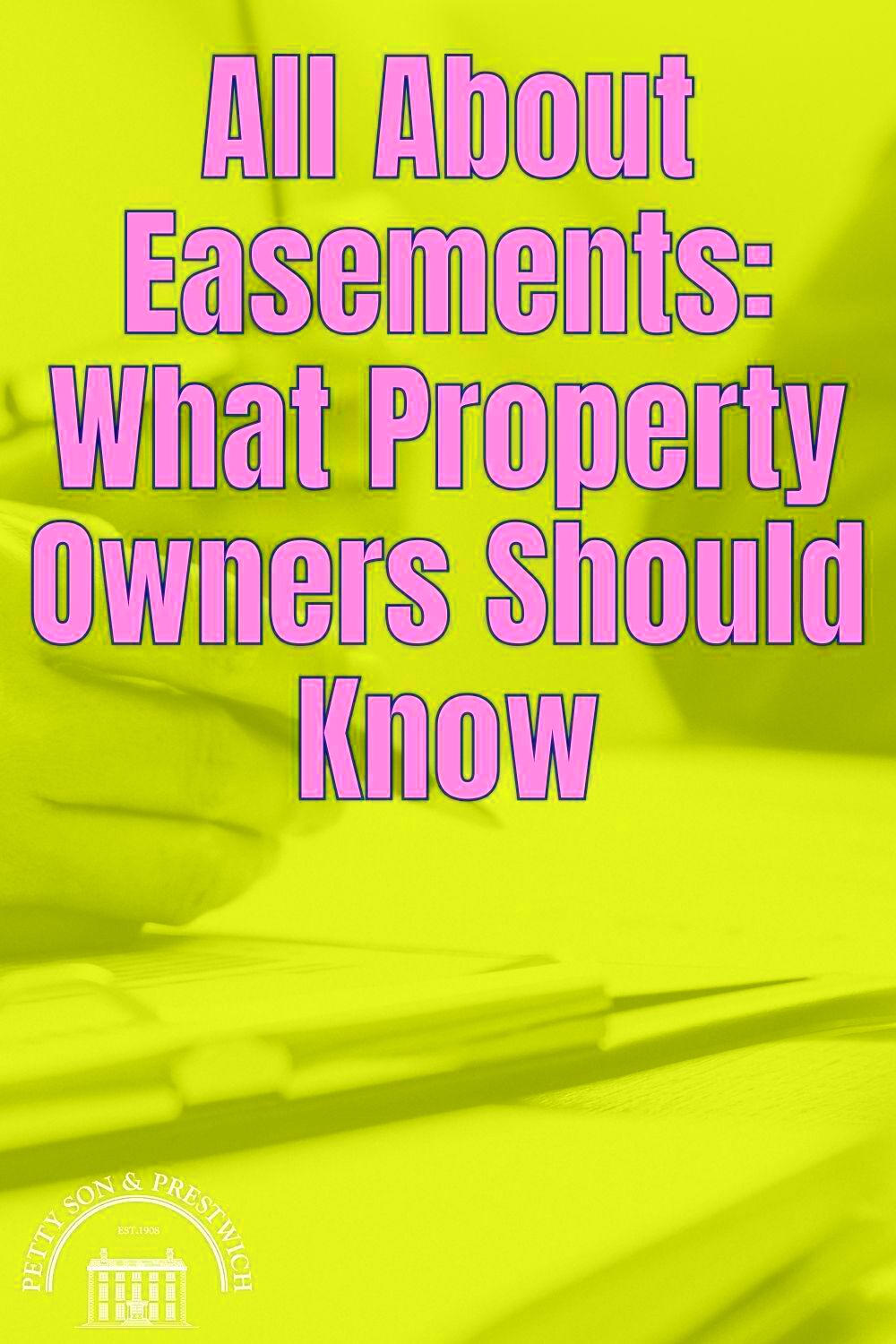
Local Law 11 impacts a wide range of property owners, including:
- Residential Buildings: Owners of multi-family homes, apartments, and condominiums must comply with the law.
- Commercial Properties: Businesses operating in buildings with exterior facades are also required to adhere to these regulations.
- Cooperative and Condominium Boards: These entities are responsible for maintaining the building’s facade and ensuring compliance.
- Property Management Companies: Companies managing buildings on behalf of owners need to ensure inspections are conducted.
By understanding who is affected, property owners can take the necessary steps to ensure compliance and promote safety.
Requirements for Compliance with Local Law 11
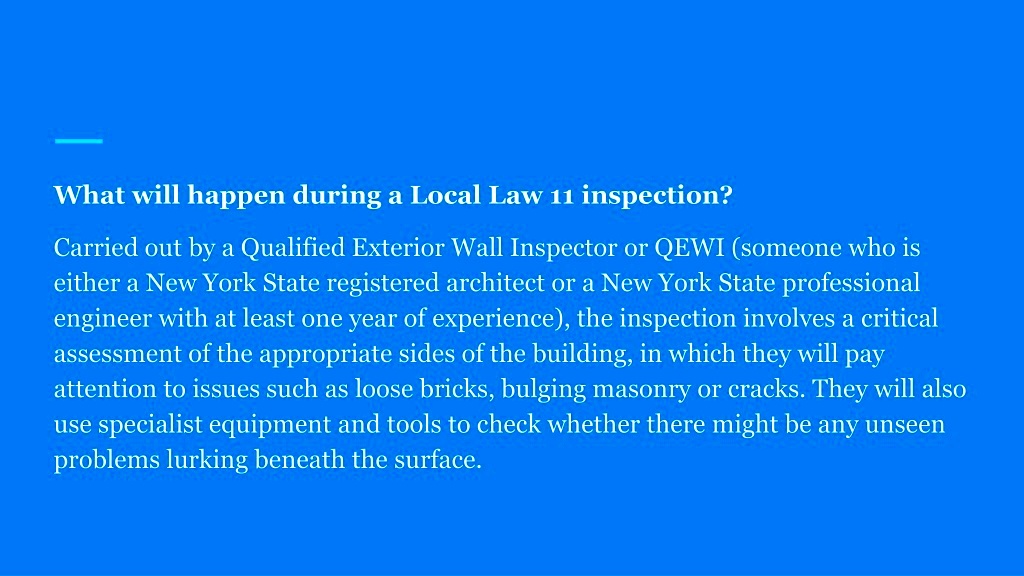
Compliance with Local Law 11 involves several specific requirements that property owners must follow. The law mandates that buildings over six stories must undergo regular inspections of their facades. Here’s what you need to know:
- Inspection Frequency: Buildings must be inspected every five years. The specific timeline may vary depending on the building’s previous inspection results.
- Qualified Inspectors: Inspections must be conducted by a registered architect or a licensed professional engineer experienced in facade inspections.
- Written Reports: After inspection, the qualified inspector must submit a detailed report. This report should outline any defects, recommended repairs, and the urgency of those repairs.
- Repair Requirements: Property owners must address any identified issues within the specified timeline. If the issues are severe, immediate action may be required.
- Filing with the Department: The inspection reports must be filed with the New York City Department of Buildings (DOB) to demonstrate compliance.
Being aware of these requirements can help property owners ensure they meet the necessary standards and avoid potential penalties.
Steps to Prepare for Local Law 11 Inspections
Preparing for a Local Law 11 inspection can seem daunting, but breaking it down into steps makes it manageable. Here’s a simple guide to help you prepare:
- Hire a Qualified Inspector: Start by selecting a licensed architect or engineer with experience in facade inspections.
- Conduct a Pre-Inspection: Before the official inspection, consider conducting your own internal review of the building’s facade to identify any obvious issues.
- Gather Documentation: Collect any previous inspection reports, maintenance records, and relevant documents to provide the inspector with a comprehensive view of the building’s history.
- Inform Residents: If you own a residential building, notify residents about the upcoming inspection and what it entails.
- Plan for Repairs: If you anticipate needing repairs, start planning for them now to minimize disruptions once the inspection is complete.
By following these steps, property owners can streamline the inspection process and ensure a smoother experience.
Consequences of Non-Compliance with Local Law 11
Failing to comply with Local Law 11 can lead to serious consequences for property owners. Understanding these repercussions can motivate compliance:
- Fines: The New York City Department of Buildings can impose substantial fines for non-compliance, which can add up quickly.
- Legal Actions: Persistent non-compliance may result in legal actions taken against the property owner, including lawsuits.
- Increased Insurance Premiums: Insurance companies may raise premiums or deny coverage for buildings that are not compliant with safety regulations.
- Public Safety Risks: Neglecting required inspections can lead to hazardous conditions, risking the safety of residents and pedestrians.
- Building Violations: Non-compliance can result in formal violations against the property, which can complicate future real estate transactions or renovations.
By understanding the consequences, property owners can prioritize compliance and protect both their property and the safety of others.
Best Practices for Property Owners
Maintaining compliance with Local Law 11 can feel complex, but following certain best practices can help property owners stay ahead. By adopting proactive maintenance strategies and working closely with professionals, property owners can meet legal obligations while preserving their buildings.
Here are some key best practices:
- Regular Maintenance: Don’t wait for inspections to fix problems. Schedule regular facade checks and routine maintenance to catch issues early.
- Work with Qualified Professionals: Choose a trusted architect or engineer with experience in facade inspections to ensure your reports meet the city’s standards.
- Keep Detailed Records: Maintain thorough records of all inspections, repairs, and maintenance. These documents can be valuable in demonstrating compliance and making future inspections smoother.
- Budget for Repairs: Facade repairs can be costly. Setting aside funds for potential issues in advance can prevent financial stress when repairs are needed.
- Communicate with Residents: If you own a residential building, keep tenants informed about inspections and repairs to ensure cooperation and reduce misunderstandings.
By following these best practices, property owners can maintain safer buildings, avoid costly violations, and create a smoother inspection process.
Resources for Further Information
Staying informed about Local Law 11 is crucial for ongoing compliance. Here are some valuable resources that property owners can consult to get more detailed information:
- New York City Department of Buildings (DOB): The DOB website provides the official guidelines and filing requirements for Local Law 11 compliance. You can find more details here.
- Facade Inspection and Safety Program (FISP): This program offers insights into facade inspection schedules, guidelines, and updates related to Local Law 11.
- Qualified Professionals: Contacting a licensed architect or engineer experienced in facade inspections is a great way to get personalized advice and assistance.
- Legal Resources: Consult with a real estate or construction attorney if you need legal advice about Local Law 11 or its consequences.
- Community Boards: Neighborhood community boards often host discussions and information sessions related to property regulations, including Local Law 11.
By using these resources, property owners can better understand their responsibilities and stay updated on any changes in the law.
FAQs about Local Law 11
Here are some common questions property owners have about Local Law 11:
| Question | Answer |
|---|---|
| Which buildings are subject to Local Law 11? | Buildings taller than six stories in New York City must comply with Local Law 11. This applies to both residential and commercial properties. |
| How often do inspections need to be conducted? | Inspections must be carried out every five years. The timeline for future inspections depends on the classification given during the previous inspection. |
| What happens if I don’t address repairs? | If repairs aren’t addressed in a timely manner, property owners may face penalties, fines, and potential legal action. |
| Can I choose any professional for the inspection? | No, the inspection must be performed by a qualified architect or engineer who is licensed and has experience with facade inspections. |
| Is financial assistance available for repairs? | While there’s no direct assistance from the city, property owners may explore private financing options or consult with their building management for budgeting. |
These FAQs help clarify common concerns about Local Law 11 and can assist property owners in understanding their obligations more clearly.
Conclusion
Local Law 11 plays a vital role in ensuring the safety of New York City’s buildings and its residents. Property owners must take their responsibilities seriously by staying compliant with inspection schedules, hiring qualified professionals, and addressing any facade issues promptly. By following best practices, utilizing available resources, and maintaining open communication with all parties involved, property owners can avoid costly penalties and contribute to a safer city. Taking proactive steps today will help protect both the property and the public for years to come.
